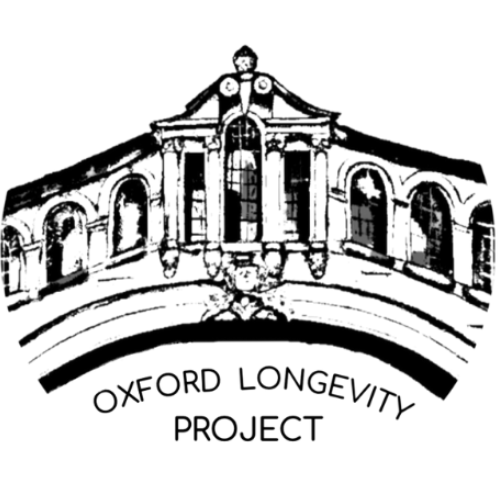Fare well and farwell to 2024
Hello there,
December brings the year to an end; and this is my final OLP message, at least for now. If you want more, come to our Summit next summer, when I shall be speaking (among several others, better qualified than I am to talk about ‘healthy ageing’). I plan to speak about love, loss and loneliness. My wisdom (for what it’s worth) is summed up in the formulas of SMELD: avoid Stress, maintain a positive Mind-set, do your daily Exercises, foster Loving relationships, eat a vegan(ish) Diet; and (more simply) MEDs: Mind-set, Exercise, Diet – and minimal stress. But I am conscious that this may provide an answer to the ‘what-question’, but fails to address the ‘how’: so today I want to focus on how we may all learn to adjust our behaviour to increase our chances of healthy longevity.
It is essential to understand how strongly our lives are shaped by the ‘three (h)aitches’: our herd (family, friends and colleagues), our habits (for better or worse), and our instinctive attraction to the next ‘high’ (pleasurable experience, a second glass of wine or more chocolate!). If you really want to change your life (and I do), then you must confront these motivators, perhaps by avoiding toxic people and places (pubs, for example), developing new and healthier habits, and learning how to resist the temptation of immediate pleasure in order to secure the long-term benefits of real happiness, which is mostly found in the service of others, creative activities, learning and achievement.
Consider the challenges of abstention, from smoking, say, or alcohol, or meat, or dairy products, or the avoidance of a sedentary life-style or stress, when for so many this may involve changing the habits of a lifetime. The first step is to make a choice, and learn to consider a choice as a promise made to yourself. We have all been taught to keep our promises. It helps if you inform others of your new choice, which comes to feel like a commitment. And it also helps if you start in a small way, as reforming drinkers do by choosing to observe a ‘dry January’. Evidence suggests that it takes no more than a month for a new pattern of behaviour to become habitual, so that the dry month leads the way to a ‘dry year’ and ultimately a ‘dry lifetime’. That process was one I experienced when I started my now habitual exercise routine, or began my ‘journey to veganism’.
You may wonder whether this procedure can be used to develop and sustain new and healthy forms of behaviour, as well as for dispensing with firmly established unhealthy habits. I am sure it can, and recommend it. For example, there seems to be no doubt that a ‘healthy longevity’ requires a positive mind-set and the fostering of loving relationships. Start by choosing these ‘ways of being’, tell others about it to create a commitment, begin with your birthday month (make it a ‘happy April’, for example) and adopt a daily practice of the ‘gratitude exercise’, relaxation, smiling at everyone you meet, and contacting family and friends at least once a week – to tell them (implicitly or explicitly) that you love them! Try it.
And now I must sign off, wishing all who read this a long, happy, and healthy life. I send my warmest good wishes to one and all, for Christmas and the New Year – and beyond! Fare well.
--Sir Christopher
